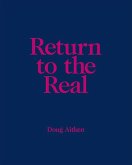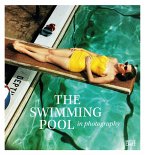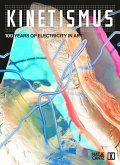Like literary texts, films often tell stories on multiple levels. Ridley Scott made an ironic reference to this when he called his legendary science-fiction film Blade Runner a "700-layer cake". These buried structures are created in two ways: by elements that resonate throughout the film itself and by references to other films, texts, myths, paintings, historical events etc. that are adapted in a specific way by the director, the scriptwriter and the production team. The heroine in Hitchcocks film The Birds, for instance, is a modern Aphrodite / Venus. Just as Venus, born from the sea foam, was carried to land on a seashell, Melanie is carried across Bodega Bay in a boat that is not much bigger than Venus vessel in Botticellis painting. Mela-nies name is another reference to Aphrodite, who was also known as Melaina, "the black one". In the fist scene of the film, in which she enters the pet shop where she later gets to know Mitch and buys the love birds, Melanie is also dressed in black. The Venus-like Melanie is felt to be a threat by others within their world, and especially by more conventional women. One of them screams at her hysterically: "I think youre evil! Evil!" This creates a particular connection between love and horror in the film. The classical Aphrodite also had a dark side - her union with Ares produced not only Harmonia, but also Deimos and Phobos: "dread" and "fear"
Hinweis: Dieser Artikel kann nur an eine deutsche Lieferadresse ausgeliefert werden.
Hinweis: Dieser Artikel kann nur an eine deutsche Lieferadresse ausgeliefert werden.








